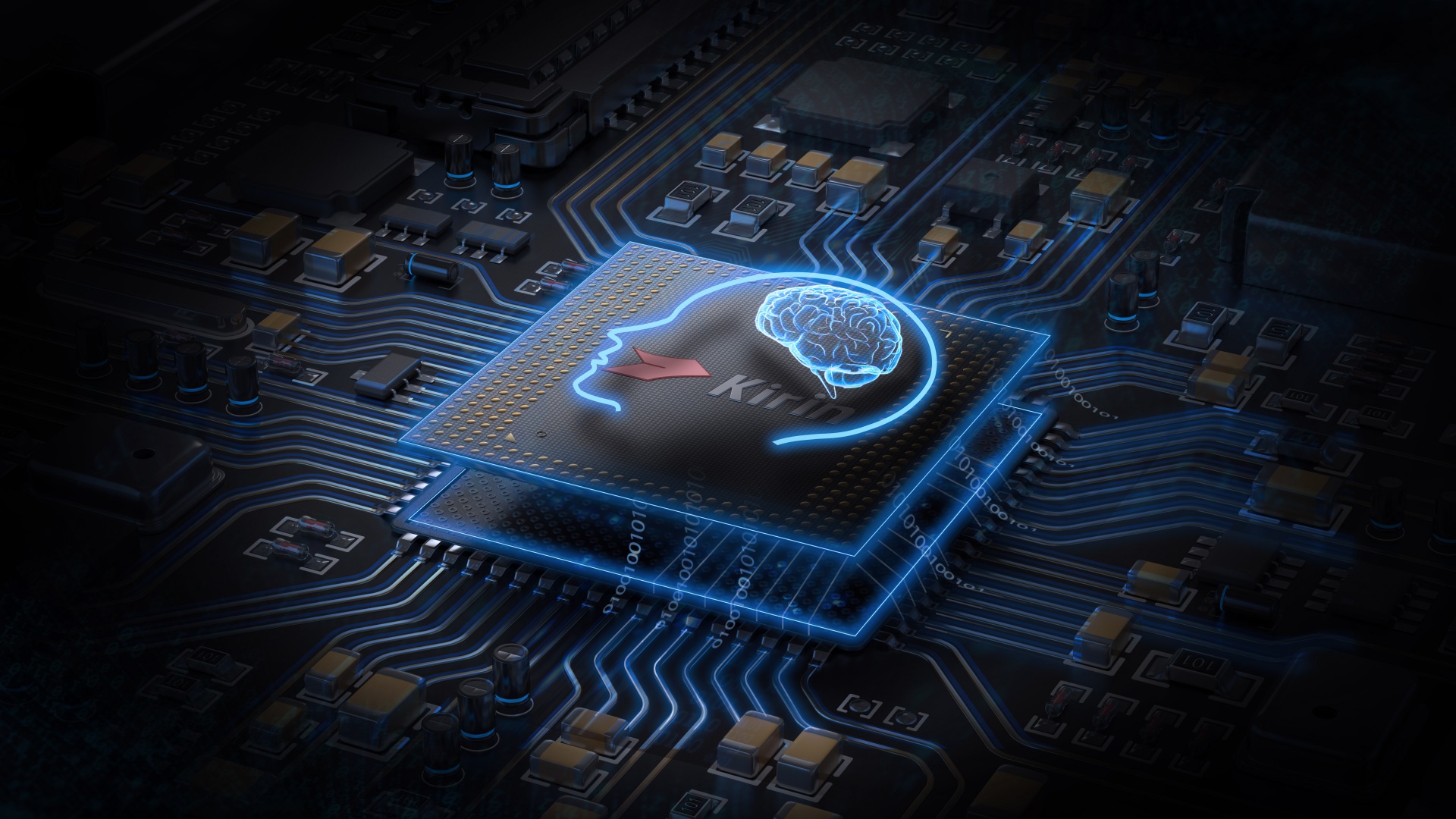Last week Huawei Mobile South Africa held a local flagship event to announce new devices slated for the country, which was headlined by the new P60 Pro smartphone. At said event, we were on hand during a media roundtable to discuss a number of subjects regarding the company, with one element in particular being of interest to us – mobile chips.
Yes, mobile chips is an area of smartphone technology that Huawei has been a bit of an industry leader in, with its HiSilicon-made Kirin offerings powering some of the most impressive devices we have encountered locally.
That landscape has changed significantly, however, as the well-documented troubles between the Chinese company and the United States government have made the procurement of components nigh untenable.
Still Huawei has pushed on and despite not being able to secure 5G modem-embedded chipsets from US companies, which is still a US ruling that baffles given that CPEs (routers) can feature these modems, we do wonder whether there is scope for the Chinese outfit to move the production of such technologies in-house.
At the aforementioned roundtable we asked Huawei Consumer Business Group’s chief marketing officer for Middle East and Africa, Cheng Lei, about the subject of mobile chips and the possibility of developing capacity for an in-house 5G mobile chips foundry at the company.
While we had hoped to get a nod or hint that it was possible, Cheng was emphatic in his answer, towing the company line and reiterating the stance of its executives.
“Firstly our CEO, Mr. Eric Xu, once told media that we (Huawei) are not doing 5G smartphones simply because of the ban. We do not have the capability of making 5G smartphones unless the ban stops. This is something that I want to repeat,” explained Cheng.
“Secondly, Huawei does not believe that 5G alone equals a great phone. A great phone is a great phone. Especially with the latest technology that you can experience with the Mate X3 and P60 Pro. These two are a great demonstration of our way of making phones,” he added.
In fact, Cheng took a rather philosophic approach to the entire situation involving the ban and the limits it has placed on the company from a device production perspective.
“We will try to improve what we can, rather than spend time on what we cannot do.”
We attempted to reframe the question around the future and the possibility of creating the capacity that he alluded to earlier when it comes to mobile chips, but once again, Cheng was emphatic in his answer.
“No, not at this time.”
It therefore looks like Huawei will continue to work within the limits that have been imposed against it, rightly or wrongly, and push the technology envelope in the areas it can. Having recently reviewed the P60 Pro, we can attest that it is certainly leading the industry when it comes to the photography capabilities of its smartphones.
That said, while 5G support is not a highly pressing issue right now given the availability of the broadband standard in SA, the longer the ban continues, the bigger an issue it is likely to become.

